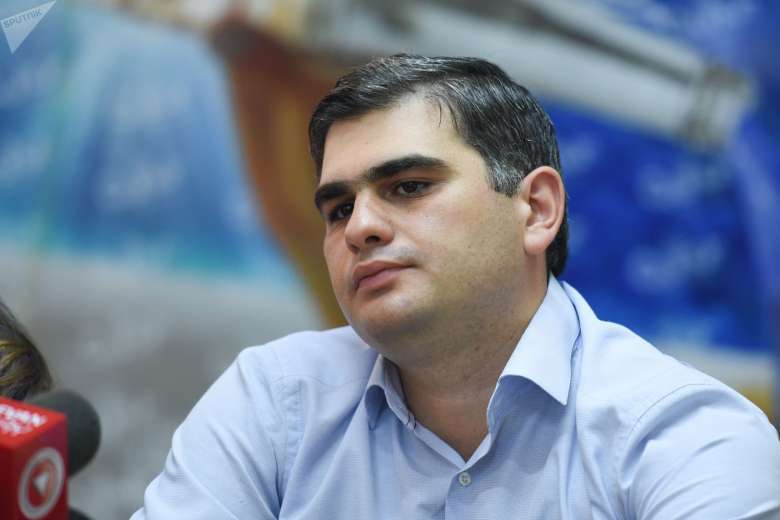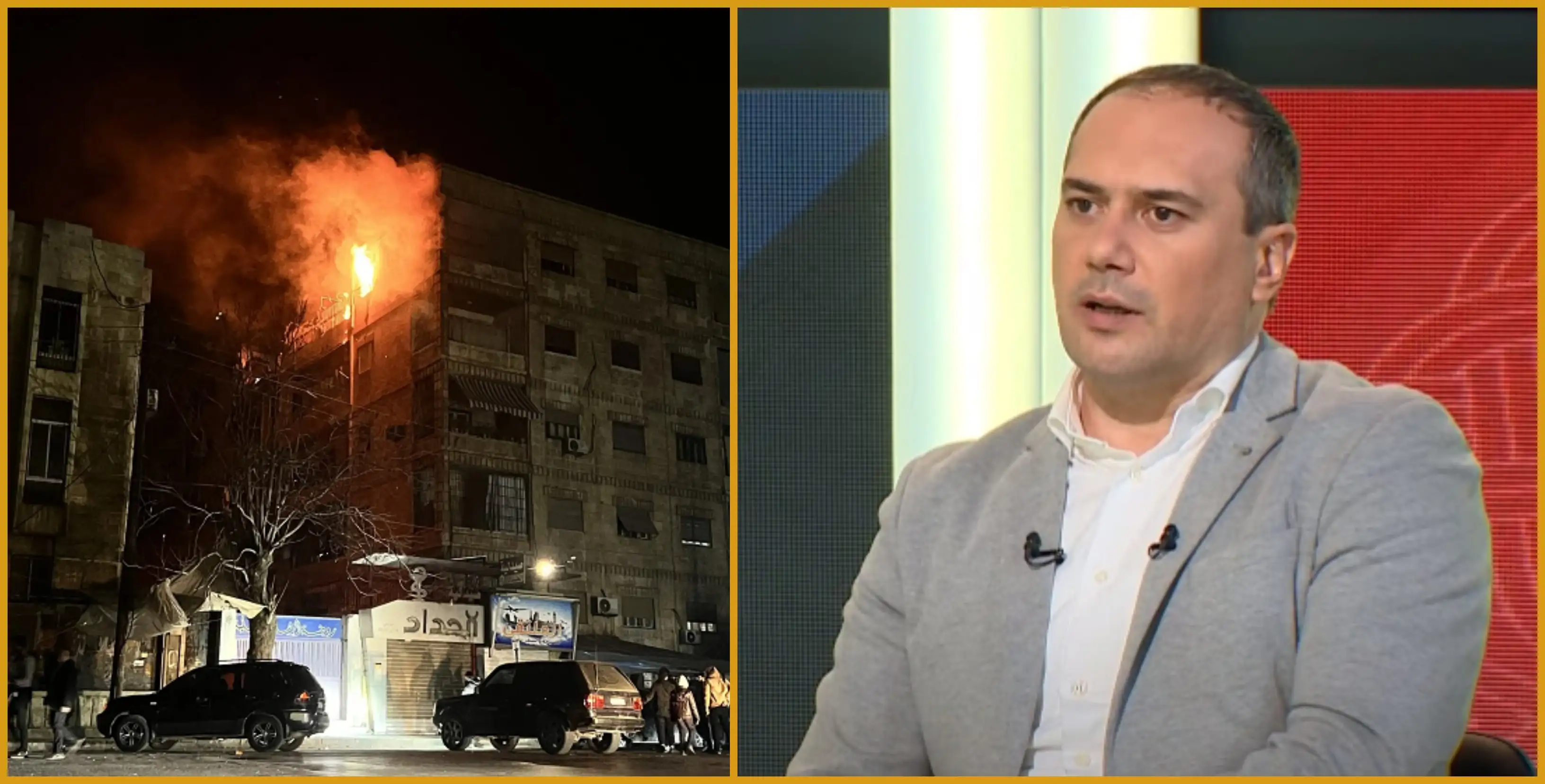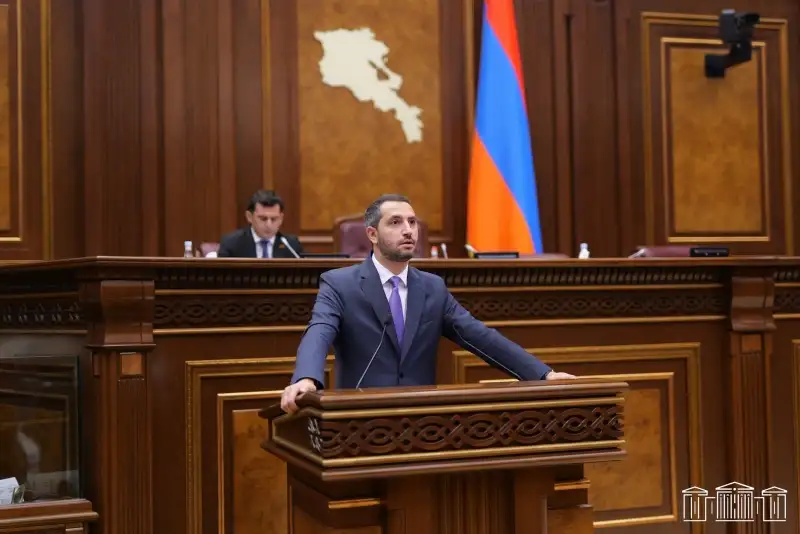Radar Armenia's interlocutor is economist Suren Parsyan.
- Recently, there has been tension in Armenian-Russian economic relations. Armenian exporters are facing problems, and recently, there have been publications in the Russian press stating that most Armenian brandy is counterfeit. What do you think the problem is?
- In all of this, there are both objective and subjective factors. The objective factor is that the Georgian and Russian sides observe a significant amount of alcohol being imported to Armenia from various countries. This alcohol is then converted into brandy in Armenia, exported to Russia, and sold there, which, of course, raises questions about the quality of the brandy. This does not apply to all brandy producers, but to some, which raises questions about the quality and reputation of Armenian brandy. This problem has existed for years, and Russia has been raising it, but for years the Russian side has ignored it, looked the other way.
Now it has decided not to look the other way. That is the subjective side. The Armenian side must either improve the quality or reach a political agreement with Russia drastically. Neither one nor the other has been done, and now they are faced with the fact.
- How will this affect Armenia's export volumes?
- It is evident that in such an atmosphere we will have a rather severe decrease in export volumes, and brandy has always been in the leading product group of our export market and has been one of the products that loves foreign currency. Having lost this market, we will incur significant losses, and it is unlikely that we will recover them in the coming years.
- In your opinion, why has Russia decided to no longer "turn a blind eye" to these problems?
- The factors are different. Pashinyan himself stated that our relations with Russia are not the same as before. There is a noticeable shift in political sentiment between the two sides, which is detrimental to the economy. It has been repeatedly noted that Russia is Armenia's primary partner, and we must maintain this market at all costs, while simultaneously seeking alternatives. Currently, we do not have alternative markets, but we are losing the Russian market.
- And in Georgia, as a transit country, do we have problems in this regard?
- The Georgian side also has particular problems with the Armenian side. The main problem is that Armenian wine and brandy producers have not purchased Georgian alcohol. They had agreements, but they have not purchased, and so the Georgian authorities are trying to "punish" Armenian companies or certain producers for this, in quotes. Many objective and subjective factors have mixed. The authorities have been unable to address these problems adequately, and they are growing increasingly severe daily.
Angela Poghosyan


















